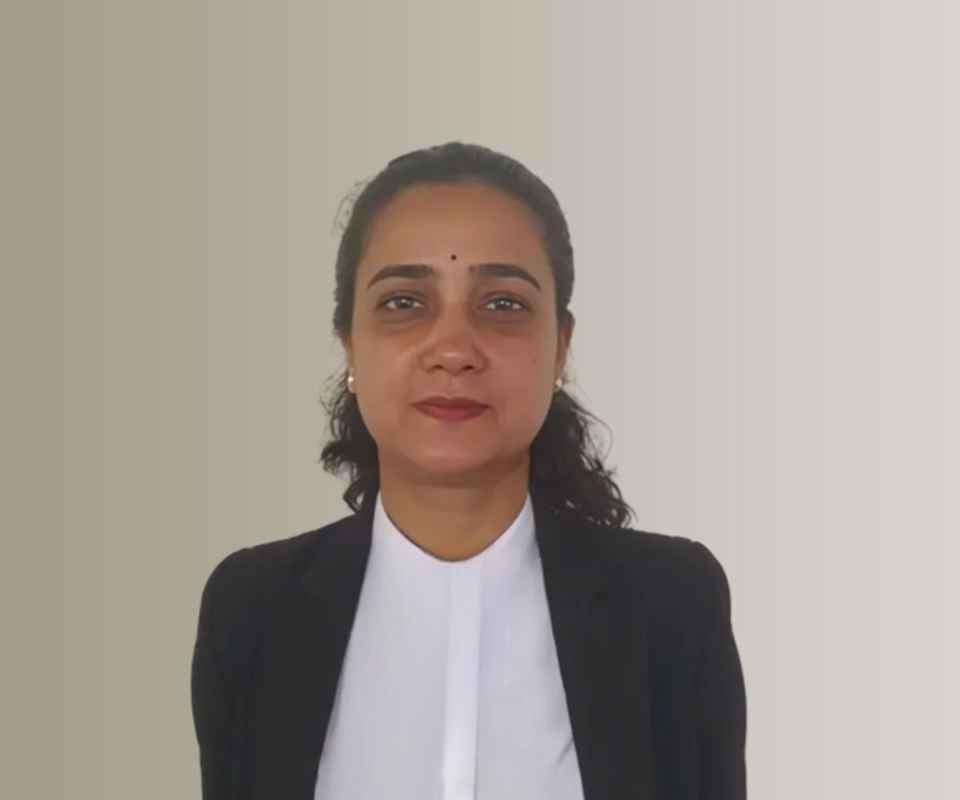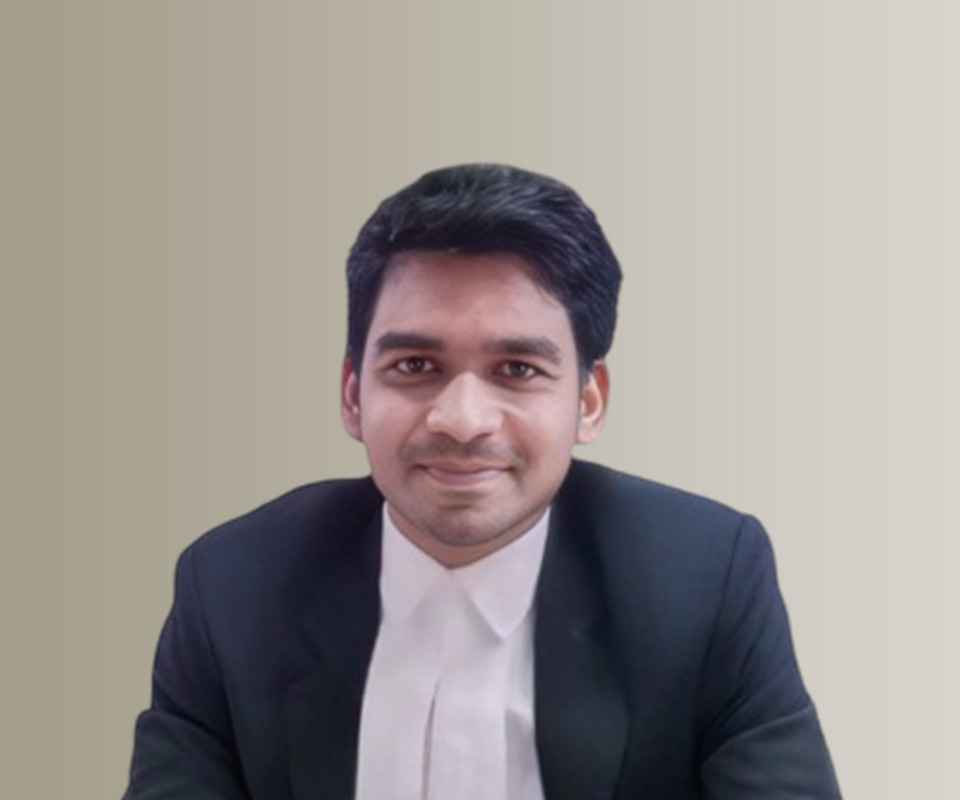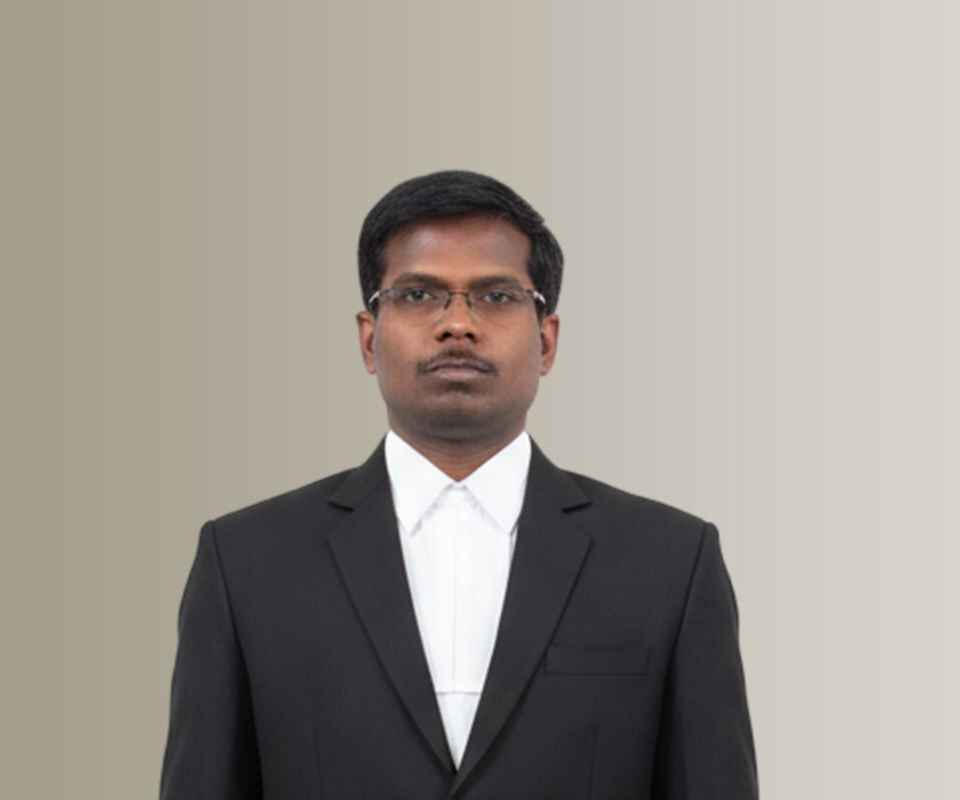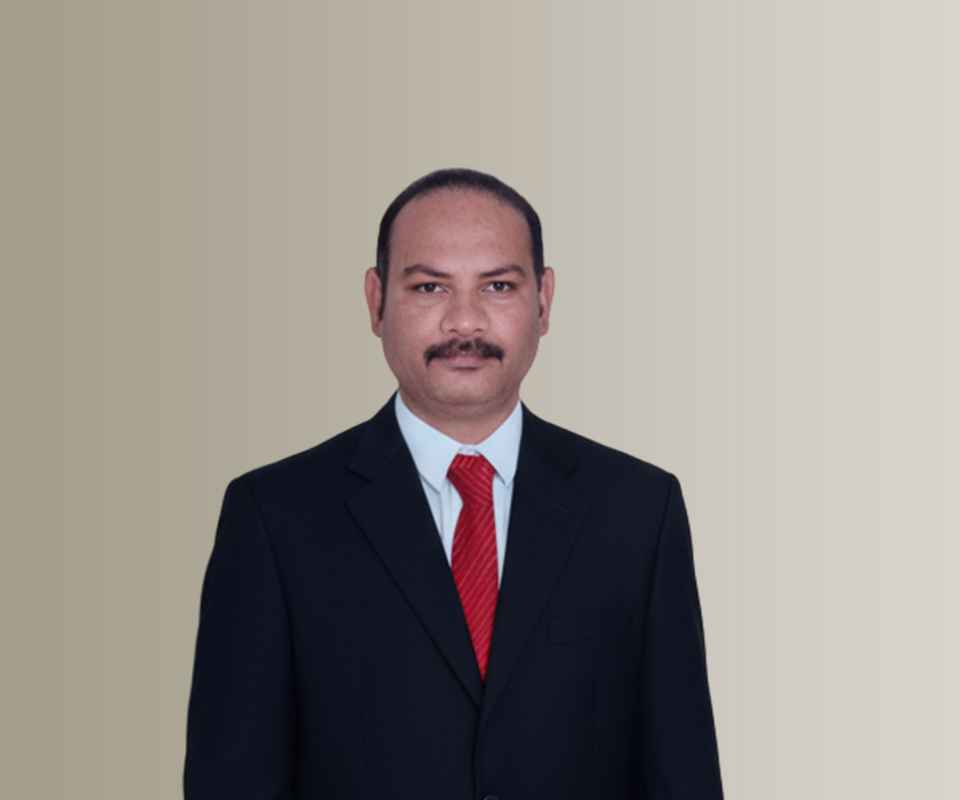Answer By law4u team
Terminal benefits are the financial and non-financial entitlements provided to a service member after their discharge or retirement from military service. These benefits are meant to support the individual during the transition from military service to civilian life and are determined by the nature of the discharge, length of service, and the service member’s health condition.
Types of Terminal Benefits:
Pension:
Pension is the most significant terminal benefit for service members who have served the minimum required years (usually 20 years) for a retirement pension.
- Full Pension: For individuals who retire after serving 20 years or more, they are eligible for a monthly pension, which is calculated based on their rank, length of service, and the military pension system.
- Disability Pension: If a service member is discharged due to disability incurred during service, they may receive a disability pension, even if they haven't served the full required years. The amount depends on the disability percentage assigned by the military or medical authorities.
Gratuity:
Gratuity is a lump sum payment given to a service member at the time of discharge or retirement. It is typically calculated based on their rank and length of service. The gratuity is paid to recognize long-term service and is usually given to those who retire after 5 or more years of service.
- Service Gratuity: For individuals retiring after 5 years but before 20 years of service, a service gratuity is paid. The amount depends on the years of service.
- Retirement Gratuity: This is generally provided to service members who retire after 20 years or more.
Provident Fund (PF):
Provident Fund is a savings scheme in which both the service member and the government contribute a certain percentage of the salary during the service period. Upon discharge, the accumulated amount in the Provident Fund (PF) is paid out to the service member.
The amount is typically a lump sum payment that can be withdrawn after discharge.
Severance Pay:
In some cases, service members who are discharged due to personal reasons, medical reasons, or other non-voluntary separations may be eligible for severance pay. This is a one-time payment given to the individual to compensate for the abrupt end to their military service.
Severance pay varies depending on the reason for discharge, length of service, and rank of the individual.
Medical Benefits:
Service members are entitled to medical benefits post-discharge if they have served a significant period or were medically discharged. These benefits include access to military hospitals, healthcare schemes, and insurance coverage.
- Ex-Servicemen Contributory Health Scheme (ECHS): This is a healthcare scheme that provides medical benefits to retired military personnel and their dependents.
- Those who are medically discharged due to service-related injuries or disabilities may receive free or subsidized healthcare for life.
Leave Encashment:
Leave encashment is the payment for unused leave days that a service member has accumulated during their service. This is usually paid out as a lump sum amount at the time of discharge or retirement.
This encashment is calculated based on the last drawn salary and the number of leave days pending at the time of discharge.
Gratuity and Pension for Families (in case of death or disability):
- Death Gratuity: In case of the death of a service member during service, their family is eligible for death gratuity. This is a lump sum payment to the family, calculated based on the service member's length of service and rank.
- Family Pension: In case of the service member’s death after retirement, their spouse or dependent family members may be entitled to family pension. This continues to be paid to the dependents, usually at a reduced rate.
Education Benefits:
The military offers various education benefits to veterans and their dependents, such as the GI Bill or similar schemes, which cover education costs for the service member’s children or spouse after discharge.
Additionally, some countries or military organizations provide scholarships and grants to the children of service members.
Example:
Scenario 1: Honorable Discharge After 20 Years of Service
A soldier who has completed 20 years of service and receives an honorable discharge is eligible for the following terminal benefits:
- Pension: Monthly pension based on their rank and years of service.
- Gratuity: Lump sum retirement gratuity for long service.
- Provident Fund: Accumulated savings from the Provident Fund.
- Medical Benefits: Access to healthcare under the Ex-Servicemen Contributory Health Scheme (ECHS).
- Leave Encashment: Payment for any unused leave days accumulated over the years.
Scenario 2: Medical Discharge Due to Injury
A soldier who serves 10 years but is medically discharged due to a combat injury is eligible for:
- Disability Pension: A disability pension based on the severity of their injury.
- Service Gratuity: A lump sum payment based on the years of service.
- Provident Fund: Full balance in the provident fund account.
- Medical Benefits: Continued access to medical treatment for the injury through the military’s healthcare services.
Scenario 3: Death During Service
If a soldier dies while in active service, the family members are entitled to:
- Death Gratuity: A lump sum death gratuity payment.
- Family Pension: Ongoing pension to the spouse or dependent children.
- Medical Benefits: Continued medical benefits for the family under the military’s healthcare scheme.
Conclusion:
Terminal benefits are designed to support service members financially and provide continued benefits after their military service ends. The specific entitlements, such as pension, gratuity, provident fund, medical benefits, and others, depend on factors such as the type of discharge, length of service, and reason for discharge. These benefits are critical for ensuring that military personnel and their families are supported after discharge and can transition smoothly to civilian life.







